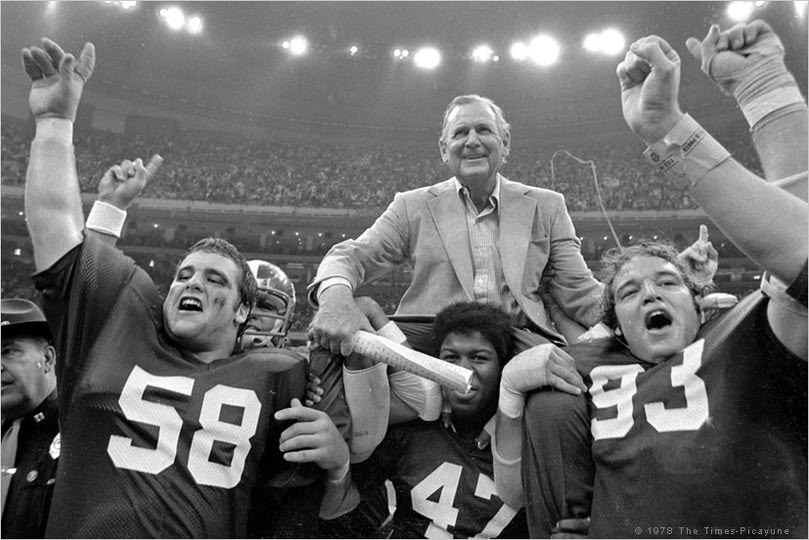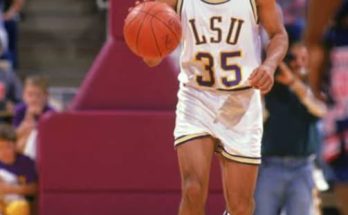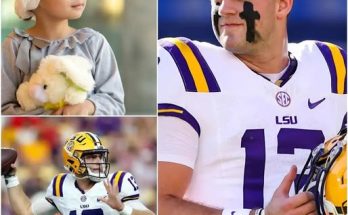In the rich tapestry of college football history, few teams have achieved perfection. The 1979 Alabama Crimson Tide, however, did just that—navigating an unforgiving SEC schedule, stifling some of the most potent offenses in the country, and claiming the national championship with a final, thunderous statement in the Sugar Bowl. Under the legendary guidance of head coach Paul “Bear” Bryant, the Crimson Tide not only went 12–0 but did so with a dominant defense and methodical offensive efficiency, carving their place in the annals of college football lore.
Setting the Stage: Bryant’s Quest for Redemption
Heading into the 1979 season, Bear Bryant was already a titan of the sport. With four national titles (1961, 1964, 1965, and 1978) under his belt, Bryant’s Alabama teams were synonymous with physical football, disciplined execution, and national relevance. But the 1978 national title—shared with USC—left a bitter aftertaste for some. Despite Alabama defeating Penn State in a legendary Sugar Bowl clash and being voted No. 1 by the coaches, the Associated Press gave the top spot to USC. In Tuscaloosa, that felt like unfinished business.
So, the 1979 team entered the season with one mission: leave no doubt.
Dominance from the Start
Alabama’s campaign began on September 8, 1979, with a 30–6 rout of Georgia Tech. From the opening kickoff of the season, it was evident that the Crimson Tide were on a mission. The defense was stifling, led by linebacker Barry Krauss and All-American defensive lineman Marty Lyons. Though the offense didn’t always produce fireworks, it was efficient and clock-controlling—an ideal counterpart to the defense’s suffocating presence.
Their second game was a statement in itself: a 24–9 victory over a formidable Baylor team. Quarterback Steadman Shealy, a run-first signal caller, managed the wishbone offense with precision. Shealy didn’t have gaudy stats, but he led with poise, avoided mistakes, and converted key third downs to keep the chains moving.
SEC Gauntlet: No Easy Outs
The Southeastern Conference in 1979 was no slouch. Alabama had to face the likes of LSU, Tennessee, Auburn, and Mississippi State. Each game presented a unique challenge, but Alabama consistently imposed its will.
One of the defining games of the season came against Tennessee on October 20. The Third Saturday in October always brings out the best in both programs, but Alabama’s defense held firm. The Tide walked away with a 27–17 win, cementing themselves as the conference’s premier team.
A week later, against Mississippi State, Alabama faced an unexpected test. The game was a defensive slugfest, with the Crimson Tide escaping with a 24–7 victory. While the offense sputtered at times, the defense gave nothing away—forcing turnovers and punishing the Bulldogs’ offensive line all game long.
By this point in the season, Alabama had emerged as the No. 1 team in the country in both major polls, but Bear Bryant kept his players grounded. In his eyes, the goal wasn’t just to win—it was to dominate, to erase all doubt.
Iron Bowl Magic
No Alabama season is complete without the Iron Bowl, and in 1979, Auburn was a formidable opponent. Though the Tigers were unranked at the time, the rivalry has always produced emotional and unpredictable outcomes. Played at Legion Field in Birmingham, Alabama took care of business with a 25–18 win in front of a raucous crowd.
The Iron Bowl victory not only capped a perfect regular season, but it was also Bryant’s 300th career victory—an emotional and historic moment for both coach and program. When the final whistle blew, fans chanted Bryant’s name, and the coach was carried off the field by his players.
The Sugar Bowl: Proving Ground for Perfection
Despite their dominance, Alabama still needed one final stamp to ensure perfection. The opponent? The Arkansas Razorbacks, champions of the Southwest Conference, coached by Lou Holtz and featuring one of the most dynamic offenses in the country. The Sugar Bowl on January 1, 1980, served as the de facto national championship, with Alabama ranked No. 2 and Arkansas No. 6.
On the grand stage of the Superdome in New Orleans, Alabama left no room for doubt. The defense, as it had all season, delivered a masterclass—limiting Arkansas to just 3 points en route to a commanding 24–9 victory. Running back Major Ogilvie scored two touchdowns, and the offensive line controlled the tempo from start to finish.
When the final whistle sounded, Alabama was not only undefeated but unchallenged. They were named consensus national champions by both the AP and Coaches Poll, leaving no split or controversy as in the previous year.
Statistical Superiority
The 1979 Crimson Tide didn’t just win—they suffocated opponents. Their defense allowed just 5.6 points per game, one of the lowest marks in modern college football history. They shut out five opponents, including back-to-back blankings of Vanderbilt and Florida. The defense forced 37 turnovers and had over 50 sacks on the season.
Offensively, the wishbone system led by Shealy, Ogilvie, and Billy Jackson produced nearly 4,500 yards. Though Alabama wasn’t flashy through the air, their relentless ground attack wore down defenses and controlled the clock.
Perhaps the most impressive feat? Alabama trailed only once all season—and that was by three points.
Legacy of the 1979 Team
In retrospect, the 1979 Crimson Tide is widely regarded as Bear Bryant’s most dominant squad. While his 1961 and 1966 teams were also exceptional, and the 1978 team was more dramatic, the ’79 group was surgical in its execution.
Many players from the 1979 roster went on to play in the NFL, including:
- Don McNeal – A shutdown corner who went on to play for the Miami Dolphins.
- Dwight Stephenson – An All-American center, later inducted into the Pro Football Hall of Fame.
- Major Ogilvie – The heartbeat of the offense and an inspirational leader.
The team also marked the culmination of Bryant’s transformation of Alabama football from a Southern powerhouse to a truly national brand. That year, the Tide were not just champions of the SEC—they were the face of excellence in college football.
Bear Bryant’s Magnum Opus
For Bear Bryant, the 1979 title was his sixth and final national championship. He would coach three more seasons, retiring after the 1982 season and passing away just a month later. Many consider the 1979 season his coaching masterpiece—a campaign defined by control, leadership, and tactical genius.
Bryant’s stoic demeanor and unmatched discipline molded his players into warriors. His teams didn’t just aim to win—they aimed to dominate physically, mentally, and emotionally. And in 1979, they did just that.
Cultural Impact and Timeless Inspiration
In Alabama lore, the 1979 team stands shoulder to shoulder with the other dynastic squads under Nick Saban. While the game has evolved, the spirit of the ’79 team lives on—honoring toughness, teamwork, and total commitment.
Fans who lived through that season speak of it with reverence. There were no ESPN highlight reels, no social media posts, just the echoing roars from Bryant-Denny Stadium and the pride of an entire state rallying behind a team that represented its values.
And for those born decades later, the names of Shealy, Ogilvie, Krauss, and Bryant still resonate in the minds of Crimson Tide faithful.
Final Thoughts
The 1979 Alabama Crimson Tide season was not just a perfect campaign on paper—it was a perfect symphony of old-school football ethos and execution. In an era without playoffs or social media, greatness had to be earned week by week, snap by snap. And Alabama did just that.
Their journey remains a guiding light in Tuscaloosa—a reminder that perfection is not a myth but a standard that, under the right leadership, can be achieved. When the conversation of the greatest college football teams arises, the 1979 Alabama Crimson Tide stands tall—undefeated, unchallenged, and unforgettable.



